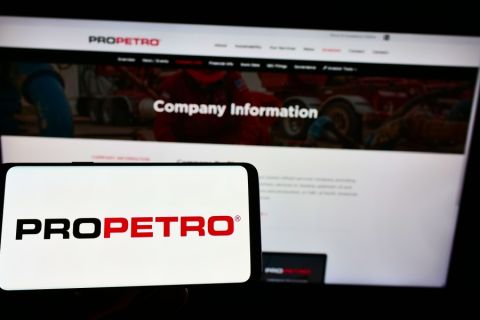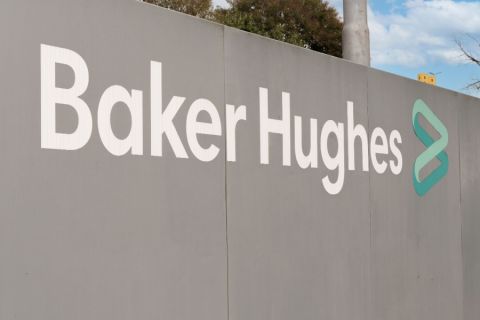Oil and gas industry executives responded quickly to growing public and regulatory demands for improved financial reporting. They were having no trouble, for example, in meeting the new SEC requirement for senior management to certify the latest quarterly figures. Exxon Mobil Corp. chairman Lee R. Raymond said the company's second-quarter results reflected its "straightforward business model." Chevron Texaco Corp. included sworn statements from David J. O'Reilly, chairman and chief executive officer, and John Watson, chief financial officer, certifying its numbers were true to the best of their knowledge. Amerada Hess Corp. appended a similar certification from John B. Hess, chairman and CEO. Companies didn't stop there, however. Three moved promptly on accounting for stock options, probably one of the most controversial and difficult issues confronting publicly traded U.S. firms. Marathon Oil Corp. will begin expensing the fair value of employees' stock options beginning January 1. "Accounting for employee stock options as an expense will ensure Marathon's earnings accurately reflect the fair value associated with this form of employee compensation," said Clarence P. Cazalot Jr., president and CEO. It will adopt FASB 123 accounting for stock-based compensation, which uses an option pricing model to expense stock option grants over the vesting period. Based on this approach, and assuming the number of stock options granted in 2003 approximately equals 2002's, Marathon anticipates the effect on 2003 earnings will not be materially different than under FASB 25, which is what it had been using. Pogo Producing Co. is also adopting FASB 123 beginning in 2003. "The marketplace knows Pogo to be a full-disclosure company. We believe the voluntary adoption of this practice will continue this tradition," said Paul G. Van Wagenen, chairman and CEO. Pogo will use an option-pricing model, such as the Black-Scholes method, to expense options over their applicable vesting period. The company has included stock option grant information in its financial statements since 1996. It estimates the expense associated with such grants in 2003 will be approximately $2.1 million, or 2 cents per share. Premcor Inc. was even more aggressive. The refiner authorized its management to expense options in compliance with FASB 123 as it released its latest quarterly results. "Premcor believes it is appropriate to expense stock options in order to provide clarity and present the most conservative picture to our investors," said Thomas D. O'Malley, chairman and CEO. The cost: $5.7 million for all options issued during first-half 2002, representing 73% of all options outstanding. Several implemented FASB 142, which applies to goodwill and other assets, in their second-quarter and first-half statements, ahead of the requirement to use the standard by year-end. The accounting principle eliminates amortization of goodwill, or intangible going-concern value (such as a well-respected business name, excellent customer relations or high employee morale) in excess of asset value, and requires it to be assessed annually for impairment. Vintage Petroleum Inc. has adopted the procedure retro-effective to January 1, 2002, taking a $60.5-million non-cash charge against 2002 earnings. It emphasized that this does not affect cash flow from operations, or credit or bond covenants.
Recommended Reading
ProPetro Ups Share Repurchases by $100MM
2024-04-25 - ProPetro Holding Corp. is increasing its share repurchase program to a total of $200 million of common shares.
Baker Hughes Hikes Quarterly Dividend
2024-04-25 - Baker Hughes Co. increased its quarterly dividend by 11% year-over-year.
Weatherford M&A Efforts Focused on Integration, Not Scale
2024-04-25 - Services company Weatherford International executives are focused on making deals that, regardless of size or scale, can be integrated into the business, President and CEO Girish Saligram said.
Range Resources Holds Production Steady in 1Q 2024
2024-04-24 - NGLs are providing a boost for Range Resources as the company waits for natural gas demand to rebound.
Hess Midstream Increases Class A Distribution
2024-04-24 - Hess Midstream has increased its quarterly distribution per Class A share by approximately 45% since the first quarter of 2021.





